Links to vets in Guernsey
Local useful links
Website donated by:
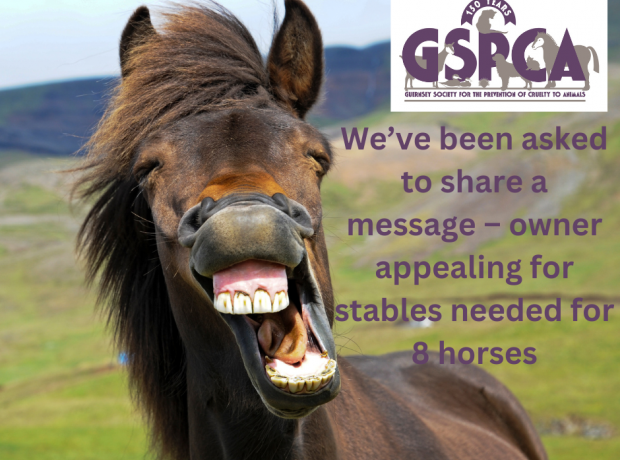
The GSPCA help all types of animals and assist their owners also in many ways.
We have been recently contacted in regards an owner of 8 horses that they are looking for stables for together.
They have asked the following ‘To all in the equine community on Guernsey, looking for stabling for my 8 horses with turnout ideally all to be kept at the same place rather than being split up, as they are a close family! Thank you in advance.’
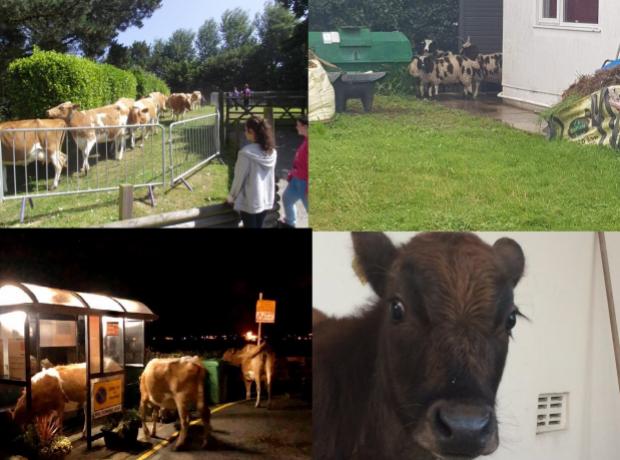
Almost every day (and night) our ambulance staff and volunteer wardens are called out to animals, especially cows, sheep and horses that have escaped from their fields and are loose on the Island’s roads putting them in grave danger.
Working at night to contain animals can be very dangerous for our volunteers who have been known to spend 2-3 hours trying to identify and locate owners and then wake them from their slumber so we can get the animals to safety.
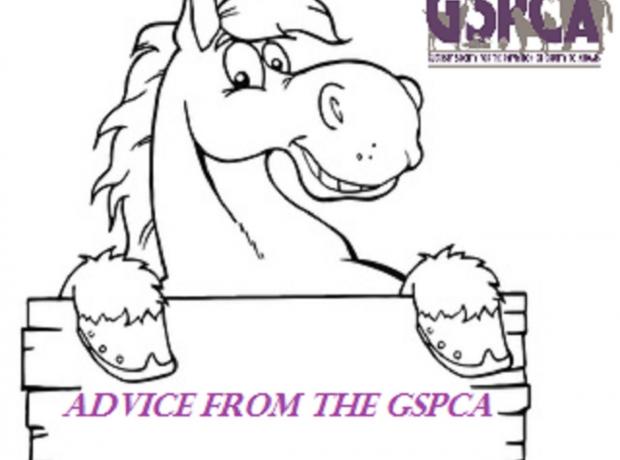
In Guernsey a case of Strangles has recently been identified and the GSPCA are asking all equine owners to take care to ensure their animals are kept safe and well.
Strangles is a commonly diagnosed infectious disease that affects all equidae worldwide. Caused by the bacterium Streptococcus equi.
The disease is highly contagious and is spread by direct or indirect contact. It can affect any age, sex or breed of horse and remains a widely feared disease because of its debilitating effects and its potential economic impact on equestrian businesses.
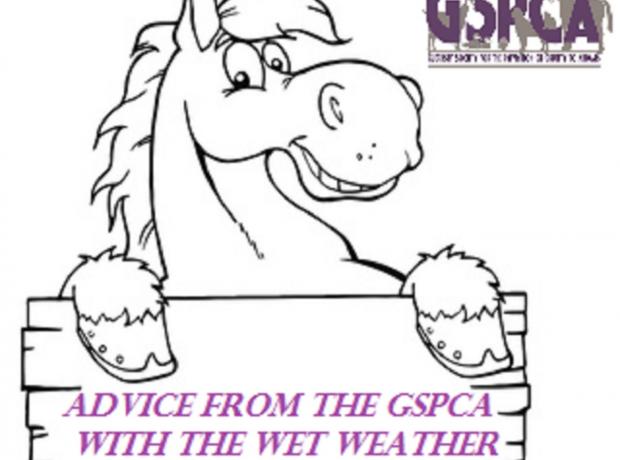
Each winter we see very wet weather and at the GSPCA each year we receive a large number of calls from concerned members of public about horses and other animals in wet and muddy fields.
With the wet weather we see at this time of year in Guernsey we want to help prepare those with animals in fields.
Sarah Creasey GSPCA Animal Welfare and Education Officer said "Each Winter we often see long sustained very wet periods with many animals being affected."
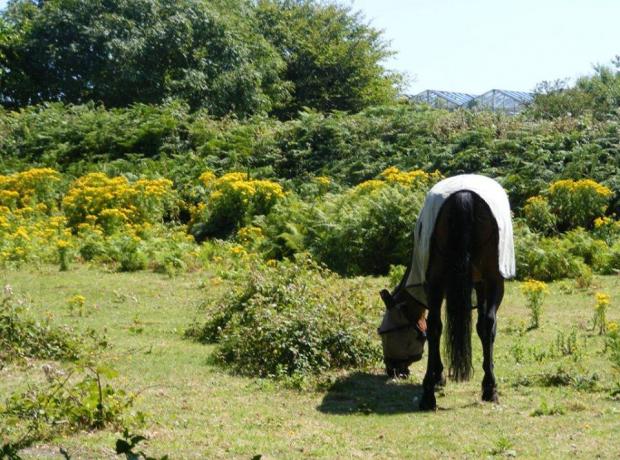
The GSPCA have been made aware of a number of concerns from the public regarding livestock that are on fields with or near a plant called ragwort which can cause them harm.
Recently David Chamberlain States Veterinary Officer has released some advice and we wanted to share this with you.
David Chamberlain States Veterinary Officer "Horses are grass grazing animals and preferentially eat grass."
"If little grass is available then they may start to eat other plants including noxious weeds such as ragwort."
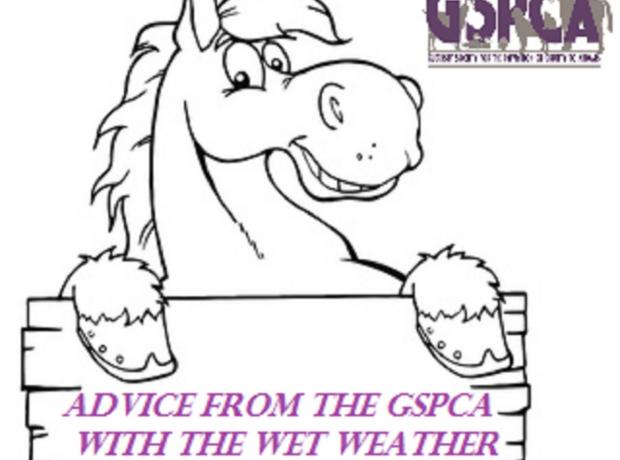
The last few Winters have been extremely wet and the GSPCA each year we receive large number of calls from concerned members of public about horses and other animals in wet and muddy fields.
Unfortunately due to the current wet autumn we are having to endure here in Guernsey we want to help prepare those with animals in fields.
Sarah Creasey GSPCA Animal Welfare and education Officer said "Last Winter we had long sustained very wet periods with many animals are being affected."
Today we had the lovely Jenny Kendall-Tobias from BBC Guernsey visit the GSPCA Animal Shelter.
Jenny came up to visit Robbie a horse who is in need of a special home.
Robbie arrived at the Shelter at the end of February as his owner could no longer care for him.
Since then we have had the vet and the farrier check over the 17 hand Dutch Warm Blood to tell us the type of home he will need.
On Friday the GSPCA received the largest ever resident in memory of the team.
At 17 hands and 15 years of age the Dutch Warmblood horse called Robbie is settling well at the Shelter, although staff have found out he's bit of a wimp.
Anna Paint Senior Animal Care Assistant said 'Robbie is settling well at the Shelter but he is a real wuss!'
'At 17 hands he is a big lad, but thankfully we have a stable and fields at the GSPCA.'

Following the death of a horse in Guernsey the GSPCA would like to draw horse owners attention to information released recently by the States Vet David Chamberlain:
The States Veterinary Officer would like to advise horse owners of the confirmed presence on the Island of the disease Equine Grass Sickness (EGS) which has been confirmed by laboratory analysis at the Animal Health Trust to be the cause of the death of a horse in the last 10 days


